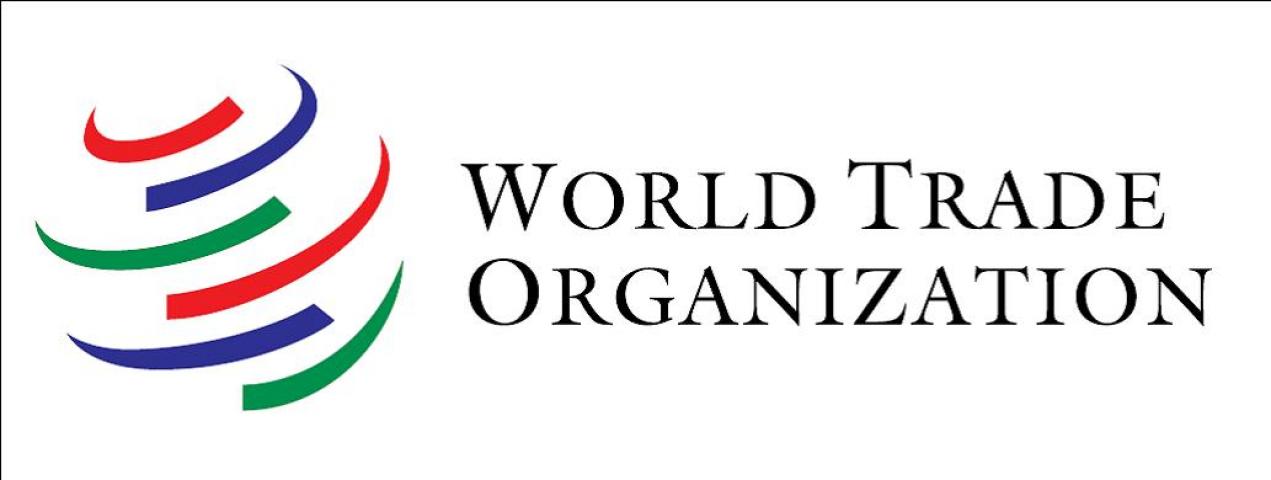The World Trade Organisation (WTO) is the legal and institutional foundation of the multilateral trading system. It provides the principal contractual obligations determining how governments frame and implement domestic trade legislation and regulations.
It is also the platform on which trade relations among countries evolve through collective debate, negotiation and a judicator. WTO is the only international body dealing with the rules of trade between nations.
The WTO was established on 1st January, 1995. Governments had concluded the Uruguay Round negotiations on 15 December, 1993 and ministers had given their political backing to the results by signing the Final Act at a meeting in Marrakesh, Morocco, in April 1994.
ADVERTISEMENTS:
The ‘Marrakesh Declaration of 15 April, 1994, affirmed that the results of the Uruguay Round would “strengthen the world economy and lead to more trade, investment, employment and income growth throughout the world”.
The WTO is the embodiment of the Uruguay Round results and the successor to the General Agreement on Tariffs and Trade (GATT). Those documents are essentially contracts binding the governments to keep their trade policies within agreed limits.
Out of the potential membership of 152 countries and territories, 76 governments became members of the WTO on its first day, with some 50 other governments at various stage of completion of their domestic ratification procedures and their terms of entry. India was one of the founder members of WTO (1995).
ADVERTISEMENTS:
Not only does the WTO have a potentially larger membership than GATT (129 by the end of 1996), it also has a much broader scope in terms of the commercial activity and trade policies to which it applies.
The GATT applied only to trade in merchandise goods. The WTO covers trade in goods, services and “trade in ideas” or intellectual property. The system’s overriding purpose is to help trade flow as freely as possible.
The WTO is based in Geneva, Switzerland. Its essential functions are:
i. Administering and implementing the multilateral and plurilateral trade agreements which together make up the WTO
ADVERTISEMENTS:
ii. Acting as a forum for multilateral trade negotiations
iii. Seeking to resolve trade disputes
iv. Overseeing national trade policies
v. Cooperating with other international institutions involved in global economic policy-making.

